Students curious about what after clearing CLAT exam will find numerous opportunities, such as becoming a lawyer, legal consulting, legal journalism, academia, pursuing higher studies such as a doctorate, or setting up their law firm.
Table of Contents
After clearing CLAT exam, students have excellent opportunities to pursue higher studies, such as a PhD or MPhil, get a high-paying job in the field of Law and Advocacy, or prepare for competitive judicial examinations, such as the All India Judicial Service.
The Common Law Admission Test, or CLAT 2026, is regarded as one of India's most challenging national-level exams, and it opens doors for admissions to 26 National Law Colleges. It offers multiple opportunities, such as becoming a lawyer, legal consulting and legal journalism.
CLAT Counselling 2026
CLAT counselling is conducted by the Consortium of National Law Universities (NLUs), and there are generally five provisional allotment lists released on the official website at consortiumofnlus.ac.in. For both UG and PG levels, the CLAT 2026 counselling process is administered using a centralised online platform.
The consortium will declare the CLAT seat allocation for national law universities taking part in the admissions process following each round.
Documents Required at CLAT Counselling
The candidates who have reserved their designated seats will be contacted to confirm their documentation. They need to provide two sets of photocopies and the original copies of the documents listed below.
- Caste Certificate (if applicable)
- CLAT Scorecard
- Payment Receipt of CLAT Counselling Fee
- CLAT Application Form
- Domicile Certificate (if applicable)
- PwD Certificate (if applicable)
- NRI Certificate (if applicable)
- CLAT Admit Card
- Scorecards of Class 10 and 12
CLAT Counselling Fees
The CLAT Counselling 2026 fees category-wise are tabulated below:
| Category | Counselling Fee |
|---|---|
| General | INR 30,000 |
| OBC | INR 30,000 |
| SC/ST | INR 20,000 |
Related What after Clearing CLAT 2026 Article Links
Admission Process after CLAT 2026 Result
Candidates must apply for admission and counselling soon after the CLAT result is announced, and they will get the opportunity to register for admission, counselling, and fee payment. On the official website, for the admission process, candidates will get all the information related to the rank list, get the scorecard, admission and seat distribution.
When assigning seats, the candidates on the merit list with higher rankings will be given preference and the admission process is added below:
-
Following the announcement of the CLAT result and merit list, all of the selected applicants will be contacted regarding the final admissions. The CLAT merit list will be available on the official website. Merit-cumulative preference will be used to build the initial CLAT counselling list.
-
An exclusive invitation to register on the official NLU website will be sent to each of the shortlisted individuals. And there are five options for colleges. However, note that candidates will not be allowed to make any changes after the CLAT counselling 2026 registration deadline.
-
Upon selecting their top universities, candidates need to pay the CLAT counselling fees for 2026. It is recommended that candidates pay the CLAT counselling fees online by visiting the official website. The seat allocation will only be taken into consideration for applicants who participate in CLAT counselling in 2026.
-
Following candidate registration, the CLAT seat allotment are made available on the official website. Those candidates who have not been assigned a seat yet will be assigned one in the next round of seat distribution.
-
Candidates have the option to accept the NLU of their choice and they will not be given consideration for additional seat allocations to any other NLU of their preference in this scenario.
Must Read: Top Private Law Colleges in India Accepting CLAT Score
Top 10 CLAT Colleges
The top ten CLAT colleges are tabulated below for candidates according to their NIRF ranking, and the respective states where the institute is located are also added:
| NIRF Rank | Institution | State |
|---|---|---|
| 1 | National Law School of India University, Bengaluru | Karnataka |
| 2 | National Law University | Delhi |
| 3 | NALSAR University of Law, Hyderabad | Telangana |
| 4 | West Bengal National University of Juridical Sciences | West Bengal |
| 5 | Jamia Millia Islamia | Delhi |
| 6 | Symbiosis Law School | Maharashtra |
| 7 | Gujarat National Law University | Gujarat |
| 8 | Siksha O Anusandhan | Odisha |
| 9 | Indian Institute of Technology Kharagpur | West Bengal |
| 10 | Babasheb Bhimrao Ambedkar University | Uttar Pradesh |
Also Check: List of CLAT Colleges
Courses Offered After Clearing CLAT
One of the most popular options for law graduates after passing the CLAT is to pursue further education in the legal field. Getting a Master's degree or enrolling in specialised courses are two ways to increase the understanding of particular legal topics. There are several options to consider:
- The Master of Laws (LL.M.) degree allows students to specialise in corporate, international, or constitutional law. It expands their knowledge in the field of their choice and helps them comprehend legal concepts more thoroughly.
- Doctor of Philosophy (PhD) in Law: A PhD in law allows students to study a specific area of law in depth. This option is suitable for individuals who wish to work in academia, as teachers, or who want to study law in depth.
Also Check: Steps to Become a Judge
The courses available for students at various undergraduate and postgraduate levels are tabulated below, with the duration of the course for students' understanding:
| Course Name | Course Level | Duration of the Course |
| Bachelor of Arts + Bachelor of Law (BA LLB) | UG | 5 Years |
| Bachelor of Business Administration + Bachelor of Law (BBA LLB) | UG | 5 Years |
| Bachelor of Commerce + Bachelor of Law (B.Com LLB) | UG | 5 Years |
| Bachelor of Science + Bachelor of Law (B.Sc LLB) | UG | 5 Years |
| Bachelor of Technology + Bachelor of Law (B.Tech LLB) | UG | 5 Years |
| Master of Law (LLM) | UG | 2 Years |
Also Check: MBA After Law - Is it worth it?
Career Options After Clearing CLAT
Through the CLAT exam, various potential career opportunities in the legal industry are available, which include practising law, entering academia, working in business or government, or looking into other legal professions.
CLAT graduates possess the knowledge, skills, and certifications needed to succeed in various professions, give back to the community, and achieve professionally.
For those with dedication, drive, and a strong work ethic, the job options available in the legal sector are listed below. Students will get a complete understanding of the options available after clearing CLAT exam:
1. Advocacy And Court Cases
Litigation and advocacy are law graduates' two most traditional and renowned employment paths. A solid legal theory and practice foundation can be established after clearing CLAT exam and seeking additional legal education to represent clients as advocates in tribunals and courts.
- Various legal specialities are available to them, such as corporate, criminal, civil, constitutional, and intellectual property law.
- A job in litigation requires a deep understanding of legal procedures, excellent research skills, and persuasive oral advocacy.
2. Business Law
There are many fascinating career choices for law graduates in the growing business sector. Businesses require legal expertise to establish contracts, negotiate transactions, navigate complex regulatory frameworks, and provide legal advice.
- Students clearing the CLAT exam can find employment in corporate legal departments, which focus on corporate law, or in legal departments of businesses.
- After proper training and expertise, they may work for companies as in-house attorneys, ensuring compliance with legal requirements.
3. Academia And Research
For those interested in pursuing academic endeavours, the CLAT provides access to a career in legal research and academia.
- Graduates can pursue other degrees like an LL.M. or a Ph.D., work on scholarly projects, and contribute to the corpus of legal literature. This career path can lead to positions as legal scholars, consultants, or professors, where individuals can impact the legal environment using their knowledge and experience.
- They can also participate in policy-making organisations and think tanks, affecting legislative advancements and modifications.
Also Check: How to Become a Lawyer?
4. Different Dispute Resolution
The usage of Alternative Dispute Resolution (ADR) procedures, such as arbitration, mediation, and negotiation, has increased recently.
- Students clearing CLAT exam can concentrate on alternative dispute resolution (ADR) and work as arbitrators or mediators, helping parties settle disputes outside the conventional court system.
- Experts in alternative dispute resolution (ADR) are essential in fostering amicable agreements because they offer a flexible and efficient means of settling conflicts.
5. Legal Consulting And Legal Journalism
At the intersection of law and media, there are intriguing career options in legal journalism. Legal reporters cover essential legal events and court cases for print, television, or online media.
- Law graduates may pursue this career path. They can also submit articles to publications, journals, and other venues that carry out legal research.
- Graduates of the CLAT can also work as legal consultants, providing media outlets, businesses, and individuals with knowledgeable legal advice and analysis.
6. Social Activism And Public Interest Law
A solid commitment to social justice and public interest issues can lead law graduates to pursue careers in public interest law or social action.
- They can fight for social justice, advance the rights of marginalised people, and influence legislative reforms by collaborating with non-governmental organisations (NGOs), human rights organisations, or legal aid clinics.
- People can use the law to create change and contribute significantly to society through employment.
Also Check: Corporate Law Courses
Top Law Recruiters After Clearing CLAT
The top recruiting firms and their average annual package to a fresh graduate are tabulated below for candidates:
| Top Recruiters | Average Annual Salary (INR) |
| Volkswagen | 6.5 LPA |
| Khaitan & Co | 6 LPA |
| AZB & Partners | 5.7 LPA |
| J Sagar Associates | 6.5 LPA |
| Trilegal | 6.6 LPA |
Also Check: Criminal Law Courses
What are the Benefits After Clearing CLAT Exam?
Several benefits after clearing CLAT exam are that candidates get high-paying job opportunities that can also create social impact. A few other advantages are tabulated below:
- Higher Package: Due to experience and expertise, the legal profession provides a higher CLAT salary package. It is also possible that NLU graduates can get employment with initial salaries ranging from 10 to 15 lakhs annually.
- Distinguished Education: If a candidate passes the CLAT exam, they can receive a distinguished education from leading NLUs in India. NLUs assist students in building a solid legal education foundation.
- Social impact: Attorneys are essential to maintaining justice and transforming society; their legal knowledge can lead to several significant and advantageous improvements.
- Aids in PSU Recruiting: The CLAT score applies to the Public Sector Undertaking recruiting process and LLB and LLM admission. After clearing CLAT exam, the chances of landing a legal job at one of the top PSUs rise.
Some of the PSUs that consider CLAT scores are:
- National Thermal Power Corporation (NTPC)
- Bharat Heavy Electricals Limited (BHEL)
- Oil and Natural Gas Corporation (ONGC)
- Securities and Exchange Board of India (SEBI).
Also Check: Cyber Law Courses





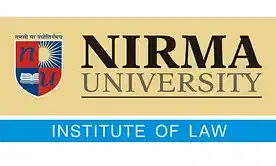
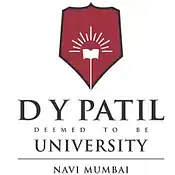






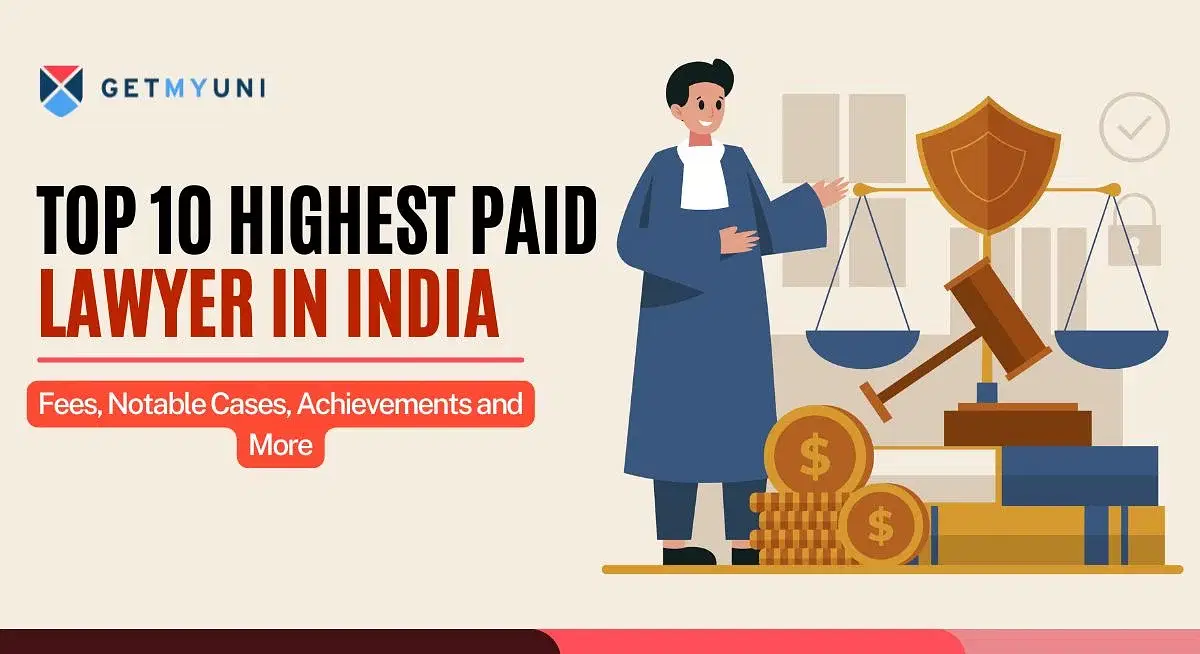


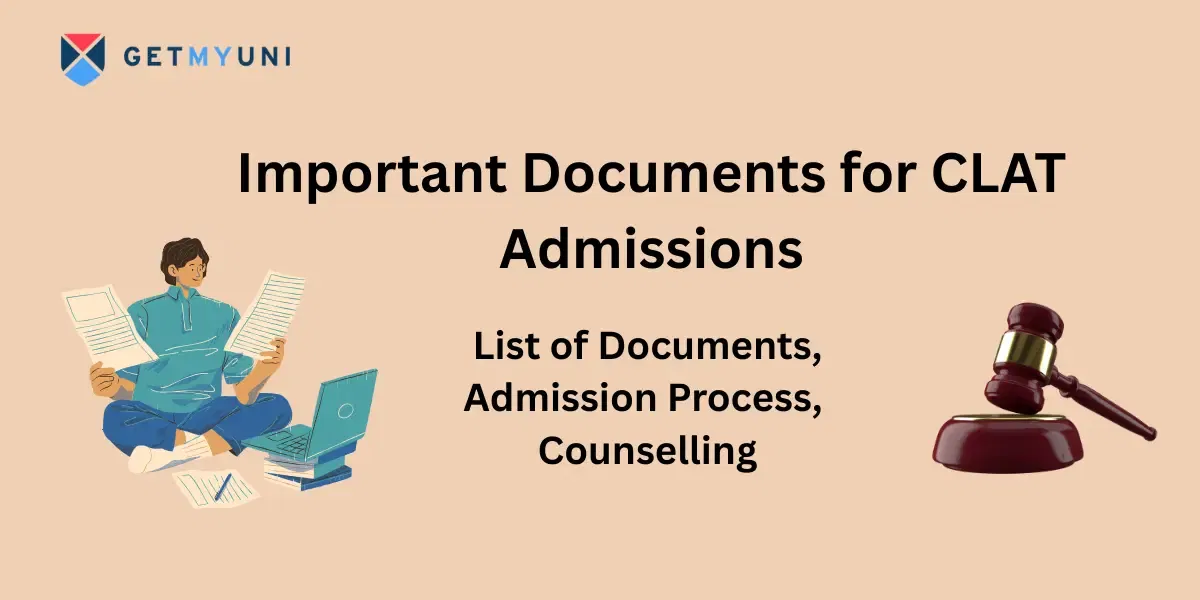

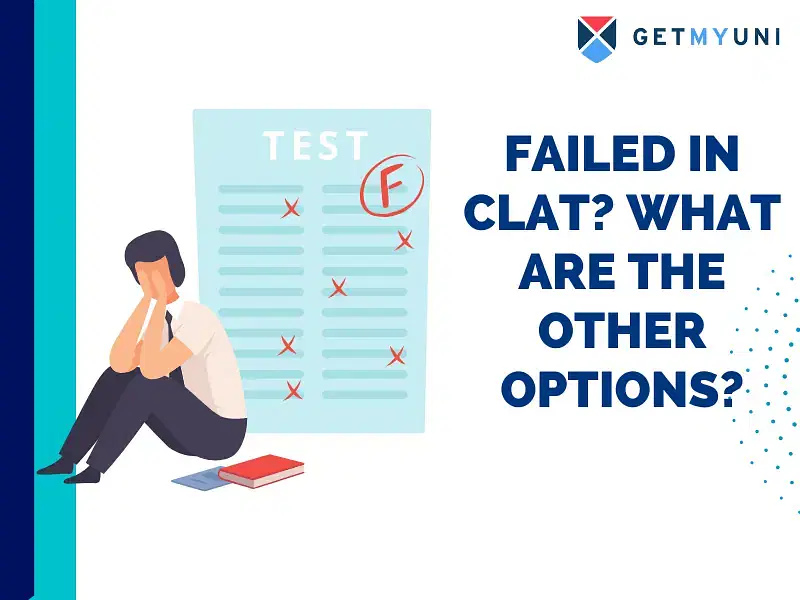













POST YOUR COMMENT